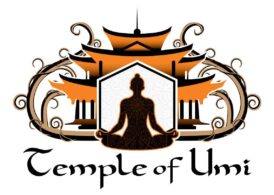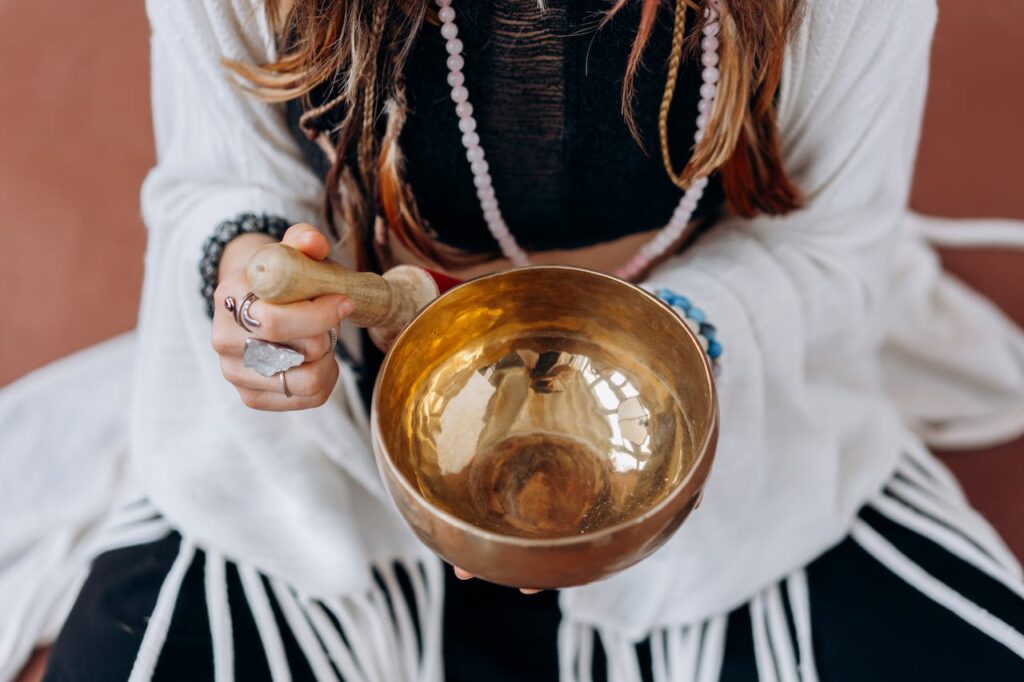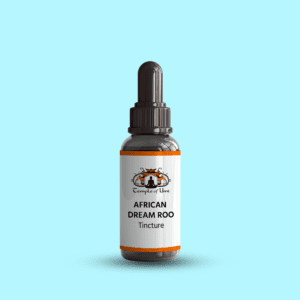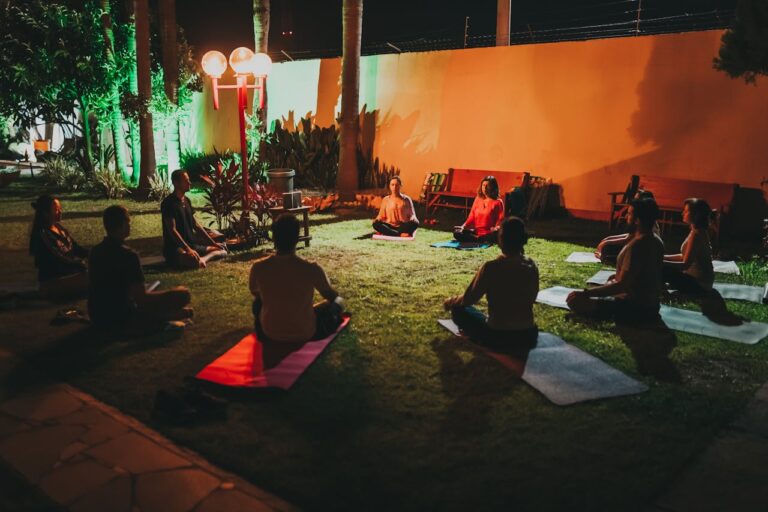Navigating the Legal and Ethical Landscape of Ayahuasca

By Temple of Umi

Table of Contents
This comprehensive guide explores the Legal and Ethical Considerations of Ayahuasca. It also discusses its status in various states, cultural significance, and the importance of informed consent.
Legal and Ethical Considerations of Ayahuasca
Ayahuasca, a traditional Amazonian brew made from the Banisteriopsis caapi vine and the Psychotria viridisimplications are leaf, has gained popularity recently for its potential therapeutic benefits. These benefits, which include mental health treatment and personal growth, are a source of hope and intrigue for many. However, its use’s legal and ethical implicationsare complex and multifaceted. This blog post explores the current legal status of Ayahuasca in the United States, the ethical considerations surrounding its use, and the cultural significance of this sacred medicine.
Understanding the Legal Status of Ayahuasca
Federal Laws
In the United States, the legal status of Ayahuasca is primarily governed by the Controlled Substances Act (CSA). The primary psychoactive component of Ayahuasca, DMT (dimethyltryptamine), is classified as a Schedule I controlled substance. This classification means that DMT is considered to have a high potential for abuse and no accepted medical use, making its possession, sale, and use illegal under federal law.
However, the legal status of Ayahuasca itself can be more nuanced. Some religious groups, such as the União do Vegetal (UDV) and the Santo Daime, have successfully argued in court for the spiritual use of Ayahuasca, citing the First Amendment’s protection of religious freedom. These legal precedents have allowed particular churches to use Ayahuasca in their ceremonies without facing federal prosecution.
State Laws
The legality of Ayahuasca can also vary by state. While some states have been lenient towards the religious use of Ayahuasca, others have taken a stricter stance. For instance:
- Oregon: The Oregon Health Authority has permitted the use of Ayahuasca in therapeutic settings under specific regulations, promoting its use for mental health treatment.
- California: Ayahuasca ceremonies are common, but organizers may face legal challenges due to the presence of DMT.
- New York: The state has a relatively strict approach to controlled substances, making it risky for Ayahuasca ceremonies to operate without legal protections.
. This step ensures that the retreats they choose operate within legal frameworks, promoting a safe and responsible experience.

Ethical Considerations in Ayahuasca Use
Informed Consent
One of the most critical ethical considerations in Ayahuasca use is informed consent. This is not just a legal requirement, but a powerful tool that empowers participants to make responsible choices about their participation. Participants should be fully educated about the effects of Ayahuasca, potential risks, and the context of the ceremony before consuming the brew. This transparency is essential in ensuring that individuals are making informed choices about their participation.
Facilitators should provide detailed information regarding the ingredients, the potential for psychological and physical effects, and the overall purpose of the ceremony. It is also essential to assess each participant’s medical history to mitigate any risks, especially for those with pre-existing conditions or those taking medications that may interact adversely with Ayahuasca.
Cultural Appropriation
The rise in popularity of Ayahuasca retreats has raised concerns about cultural appropriation. It is Crucial for practitioners to engage in Ayahuasca use with a deep sense of respect and consideration for its cultural roots in Indigenous Amazonian communities. This cultural sensitivity is a key aspect of ethical Ayahuasca use. It is crucial to approach Ayahuasca with this mindset, ensuring that the traditions and practices of the cultures from which it originates are respected and upheld.
Retreat organizers should strive to include Indigenous voices and perspectives in their practices, ensuring that ceremonies are conducted authentically and with respect for the spiritual significance of Ayahuasca. This collaboration can foster a deeper understanding of the brew’s cultural importance and promote ethical practices.
Environmental Impact
The production of Ayahuasca often involves harvesting the Banisteriopsis caapi vine and Psychotria viridis leaves, raising concerns about environmental sustainability. Unsustainable harvesting practices can threaten the delicate ecosystems of the Amazon rainforest and endanger the species involved.
Ethical Ayahuasca practitioners should prioritize sourcing ingredients from sustainable and responsible sources, minimizing their environmental impact. This commitment to sustainability supports the environment and honors the traditions of the Indigenous communities that have used Ayahuasca for generations.
The Role of Integration
Importance of Integration
Integration refers to incorporating the insights and experiences gained during an Ayahuasca ceremony into daily life. This step is vital for maximizing the therapeutic benefits of Ayahuasca and ensuring that participants process their experiences in a supportive environment.
Ethical retreat facilitators should provide resources and support for participants to integrate after their ceremonies. This may include follow-up sessions, workshops, or access to mental health professionals familiar with the Ayahuasca experience.
Community Support
Building a community of support can enhance the integration process. Participants who share their experiences with others who have undergone similar journeys can foster a sense of belonging and understanding. Ethical Ayahuasca retreats should encourage participants to connect and create safe spaces for dialogue and reflection.

Determination
As the popularity of Ayahuasca continues to grow, understanding the legal and ethical considerations surrounding its use is essential. By educating themselves about the legal status of Ayahuasca, ensuring informed consent, respecting cultural traditions, and promoting sustainable practices, participants can engage with this sacred medicine responsibly and ethically.
If you are considering attending an Ayahuasca retreat, take the time to research potential retreats thoroughly. Look for those who prioritize ethics, informed consent, and cultural sensitivity, ensuring your experience is meaningful and responsible.
- What is Sacred Plant Medicine?
- Embark on a Journey of Transformation with Spiritual Healing
- Unveiling Healing Energy at the Temple of Umi
- 10 Energy Healing Techniques to Transform Your Life
- Where to get Sacred Plant Medicine Retreat in the USA
- Top Plant medicine retreats in the USA. Learn more.
- Cost of Plant Medicine Retreat: Balancing Cost and Experience. Learn more.
- What is trauma bonding?
- A Journey into the Healing Properties of Psychedelic Mushrooms. Learn more.
- Plant Medicine Retreat Georgia – Experience Spiritual Awakening
- Spiritual Retreats Georgia
- Shaman in America Exploration
- Shamanism – Shamanic healing
- Shaman Healing Guide
- Plant Medicine ceremonies near you in the USA
- Plant Medicine Experience
- DMT Journey, Benefits, and Side Effects
- Iowaska – What is it?
- Plant medicine retreats in Georgia
- Why massage is beneficial, according to a cardiologist.
- Are mushrooms truffles – What Is a Truffle?
- 11 Best Plant Medicine Retreats in the USA for Spiritual Healing
- Sacred Plant Medicine Retreats in Georgia
- 5 Ayahuasca Retreats in California Worth Exploring
- 7 Best Aya Retreats in America. Click here.
- Mcdonough Ayahuasca retreat
- Conley Ayahuasca retreat
- Whitesburg Ayahuasca retreat
- Brooks Ayahuasca retreat
- Gay Ayahuasca retreat
- Williamson Ayahuasca retreat
- Orchard Hill Ayahuasca retreat
- Glenn Ayahuasca retreat
- Luthersville Ayahuasca retreat
- Shady Dale Ayahuasca retreat
- Bowdon Junction Ayahuasca retreat
- Sargent Ayahuasca retreat
- Greenville Ayahuasca retreat
- Lovejoy Ayahuasca retreat
- Winston Ayahuasca retreat
- Rutledge Ayahuasca retreat
- Moreland Ayahuasca retreat
- Molena Ayahuasca retreat
- Lebanon Ayahuasca retreat
- Good Hope Ayahuasca retreat
- Haralson Ayahuasca retreat
- An Inclusive List of Psychedelic Quotes
- Mount Ayahuasca retreat
- Grantville Ayahuasca retreat
- Pine Lake Retreat near
- Rydal Ayahuasca retreat
- Porterdale Ayahuasca retreat
- Waco Ayahuasca retreat
- Temple Ayahuasca retreat
- Bethlehem Ayahuasca retreat
- Jenkinsburg Ayahuasca retreat
- Adairsville Ayahuasca retreat
- Red Oak Ayahuasca retreat
- Woodbury Ayahuasca retreat
- Cassville Ayahuasca retreat
- Redan Ayahuasca retreat
- North Decatur Ayahuasca retreat
- Grantville Ayahuasca retreat
- Hillsboro Ayahuasca retreat
- Jackson Ayahuasca retreat
- Braselton Ayahuasca retreat
- Zebulon Ayahuasca retreat
- Flovilla Ayahuasca retreat
- Auburn Ayahuasca retreat
- Warm Springs Ayahuasca retreat
- Scottdale Ayahuasca retreat
- Lithia Springs Ayahuasca retreat
- Villa Rica Ayahuasca retreat
- Grayson Ayahuasca retreat
- Sunny Side Ayahuasca retreat
- Senoia Ayahuasca retreat
- Locust Grove Ayahuasca retreat
- Chamblee Ayahuasca retreat
- Fairburn Ayahuasca retreat
- Snellville Ayahuasca retreat
- Monticello Ayahuasca retreat
- Union City Ayahuasca retreat
- Tallapoosa Ayahuasca retreat
- Bremen Ayahuasca retreat
- Hampton Ayahuasca retreat
- Monroe Ayahuasca retreat
- Marble Hill Ayahuasca retreat
- Madison Ayahuasca retreat
- Dawsonville Ayahuasca retreat
- Felton Ayahuasca retreat
- Concord Ayahuasca retreat
- Mansfield Ayahuasca retreat
- Taylorsville Ayahuasca retreat
- Roopville Ayahuasca retreat
- Turin Ayahuasca retreat
- Franklin Ayahuasca retreat
- Clarkdale Ayahuasca retreat
- Talking Rock Ayahuasca retreat
- Jersey Ayahuasca retreat
- Kingston Ayahuasca retreat
- Bostwick Ayahuasca retreat
- North Metro Ayahuasca retreat
- Meansville Ayahuasca retreat
- Social Circle Ayahuasca retreat
- White Ayahuasca retreat
- Rhode Island Ayahuasca retreat
- Maryland Ayahuasca retreat
- Delaware Ayahuasca retreat
- New Jersey Ayahuasca retreat
- Connecticut Ayahuasca retreat
- Massachusetts Ayahuasca retreat
- Hampshire Ayahuasca retreat
- Pennsylvania Ayahuasca retreat
- New York Ayahuasca retreat
- Florida Ayahuasca retreat
- South Carolina Ayahuasca Retreat
- North Carolina Ayahuasca Retreat
- West West Virginia Ayahuasca retreat
- Virginia Ayahuasca retreat
- Ohio Ayahuasca retreat
- Alabama Ayahuasca retreat
- Mississippi Ayahuasca retreat
- Tennessee Ayahuasca retreat
- Kentucky Ayahuasca retreat
- IndianaAyahuasca retreat
- ILLINOIS Ayahuasca retreat
- Missouri Ayahuasca retreat
- Arkansas Ayahuasca retreat
- Louisiana Ayahuasca retreat
- Texas Ayahuasca retreat
- Oklahoma Ayahuasca retreat
- KansasAyahuasca retreat
- Ayahuasca retreats near me in Experiment.
- A wellness retreat in Georgia
- What is Ayahuasca?
- Embark on a Journey of Transformation with Spiritual Healing
- Unveiling Healing Energy at the Temple of Umi
- 10 Energy Healing Techniques to Transform Your Life
- Where to get Ayahuasca in the USA
- Top Ayahuasca retreats in the USA. Learn more.
- Cost of Ayahuasca Retreat: Balancing Cost and Experience. Learn more.
- What is trauma bonding?
- A Journey into the Healing Properties of Psychedelic Mushrooms. Learn more.
- Ayahuasca Retreat Georgia – Experience Spiritual Awakening
- Spiritual Retreats Georgia
- Shaman in America Exploration
- Shamanism – Shamanic healing
- Shaman Healing Guide
- Ayahuasca ceremonies Ayahuasca ceremonies near you in the USA
- Ayahuasca Experience
- DMT Journey, Benefits, and Side Effects
- Iowaska – What is it?
- Plant medicine retreats in Georgia
- Why massage is beneficial, according to a cardiologist.
- Are mushrooms truffles – What Is a Truffle?
- 11 Best Ayahuasca Retreats in the USA for Spiritual Healing
- What is Rapé?
- What is a Tincture?
- Where to find Ayahuasca near me
- Healing retreats USA
- Best Retreats USA








